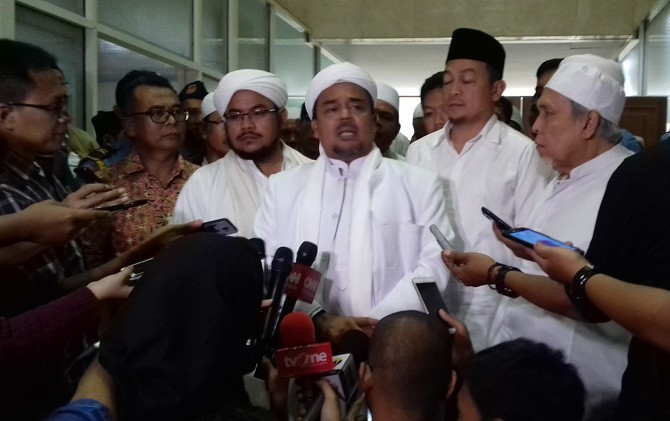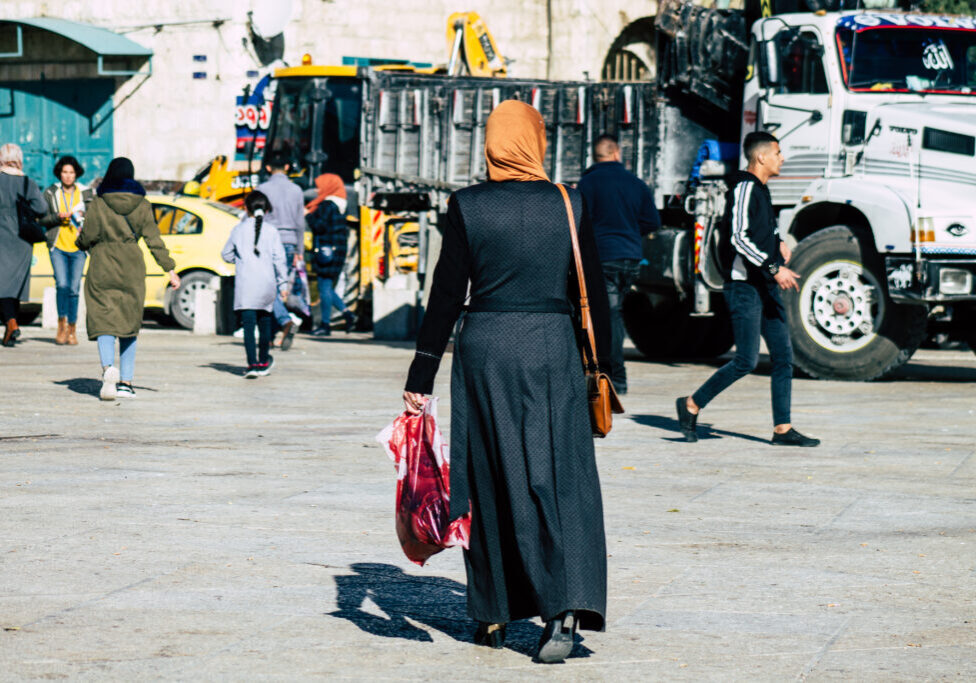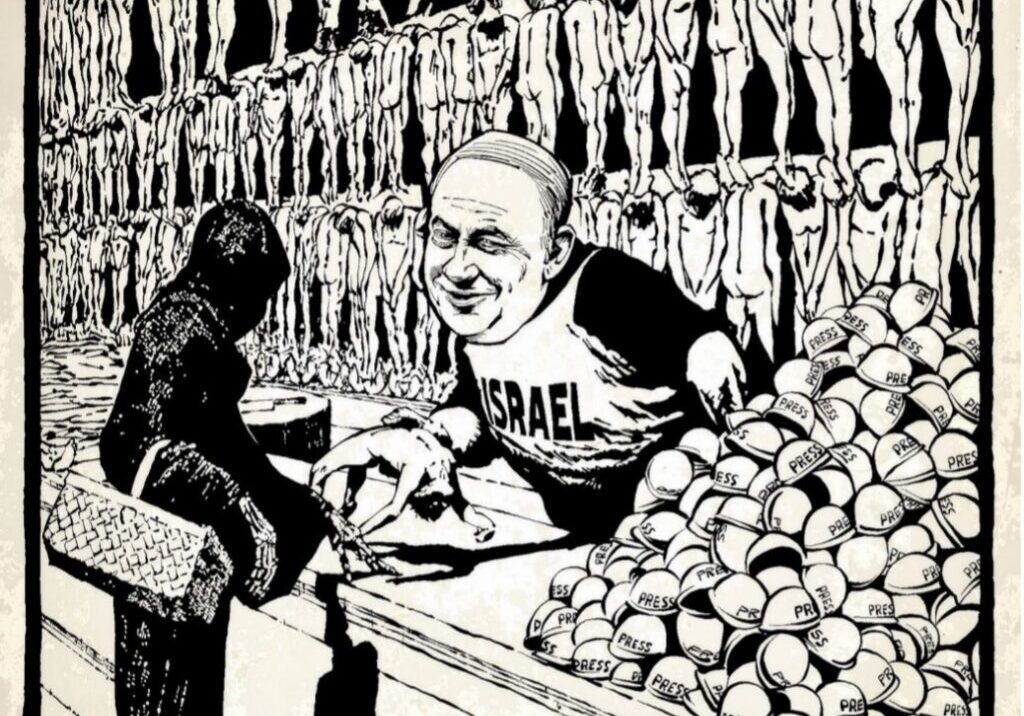Australia/Israel Review
Asia Watch: The usual suspects
Dec 17, 2024 | Michael Shannon

In what is now an annual event, Reuni Akbar 212 (the 212 Great Reunion) took place in Monas Square, Central Jakarta, on December 2. The event is meant to be a show of force for Indonesia’s committed Islamists, but lacking its original impetus, it now invokes the cause of Palestine to generate turnout.
The event dates back to 2016 when Muslims turned out in droves under the banner of Aksi Bela Islam (action to defend Islam) to demand the arrest of then Jakarta Governor Basuki Tjahaja Purnama (AKA ‘Ahok’) on the grounds of blasphemy. The 2016-2017 gatherings were of political and religious significance nationally because they involved many Muslim groups and political parties. Furthermore, several political figures found an alliance with this movement too tempting to ignore, notably Prabowo Subianto.
But in the years since, crowds have steadily fallen. Islamist parties are political bit players, their pet issues sidelined for now. What’s more, Basuki departed the political scene several years ago, so there is no obvious bête noire to rile up the crowds.
Just as well there is Israel.
This year, referring to Jerusalem’s Al-Aqsa Mosque, participants chanted: “With our souls and our blood, we will redeem you, oh Al-Aqsa!”
An unidentified Arab speaker at the rally said: “Oh mujahideen of Palestine, you revived the world with your strength, your adherence, and your determination to be steadfast for the liberation of the blessed Al-Aqsa Mosque. Dear brothers, we will redeem the Al-Aqsa Mosque with our souls. We will redeem the Al-Aqsa Mosque with our blood!”
Also there was the former leader of the Islamic Defenders Front (FPI) Rizieq Shihab, who voiced support for a proposal to send Indonesian youth to the Palestinian territories to participate in jihad against Israeli forces. He called for the Government to open registration for volunteers.
“Open registration, train them, arm them, and send them to Gaza to liberate Al-Aqsa,” Rizieq declared, adding that the proposal was suggested by Indonesian Ulema Council (MUI) leader K H Muhyidin Junaidi.
Rizieq further claimed that the proposal had been presented to President Prabowo: “I agree with K H Muhyidin. It’s extraordinary that he proposed to Bapak President Prabowo to open registration for Indonesian youth to jihad to Palestine,” said Rizieq, cheered by his supporters shouting “takbir!”
Whether Prabowo would approve such a proposal is doubtful, but Rizieq believes his followers are ready to participate in jihad.
Until now, the MUI limited itself to supporting a boycott of products perceived to be affiliated with Israel – including fast food products, dates, packaged drinks, coffee and milk – issuing a fatwa to that effect and amplifying it through social media channels.
But the re-emergence of Rizieq portends a potential lightning rod for hardline activists not content with the relatively passive action of a boycott.
Rizieq established the FPI in late 1998 during the political ferment that followed the fall of the Suharto regime, and the group developed an unsavoury record of harassment, intimidation and mob violence against religious, ethnic and sexual minorities. Alongside its street agitations and flag-burnings, it also conducted charity work that earned it a solid base of public support.
After appearing almost untouchable for many years, Rizieq’s leading role in the original 212 protests put him in the crosshairs of then-President Widodo. Charges were filed against him in 2017 after screen captures emerged of text messages between Rizieq and a female supporter that contained nude photos of the woman. Rizieq subsequently fled to Saudi Arabia, living in exile until late 2020, whereupon his chaotic return to Indonesia, he promptly earned a jail term for violating pandemic health quarantine laws and spreading misinformation regarding a swab test.
While Rizieq received a full acquittal in June 2024, much has changed since the FPI’s halcyon days. Former President Widodo’s banning of FPI and Hizbut Tahrir Indonesia (HTI) – part of the wider effort to suppress Islamist-based opposition in recent years – eliminated traditional platforms that Rizieq could utilise to launch his comeback. Furthermore, his self-imposed exile and subsequent imprisonment may have diminished his influence.
The previously amicable relationship between Rizieq and Prabowo, particularly in the pre-COVID years, might well shift depending on how Rizieq approaches his opposition role. With a sprawling and diverse governing coalition that has subsumed several Islamically-focused parties, Prabowo now has little use for an Islamic firebrand.
Potential political rivals of the President may see it differently. Presidential candidate and former Jakarta Governor Anies Baswedan, a close ally of Rizieq during the 212 heyday, was seen attending the latter’s daughter’s wedding in July 2024.
Tags: Indonesia, Islamic Extremism, Palestinians






